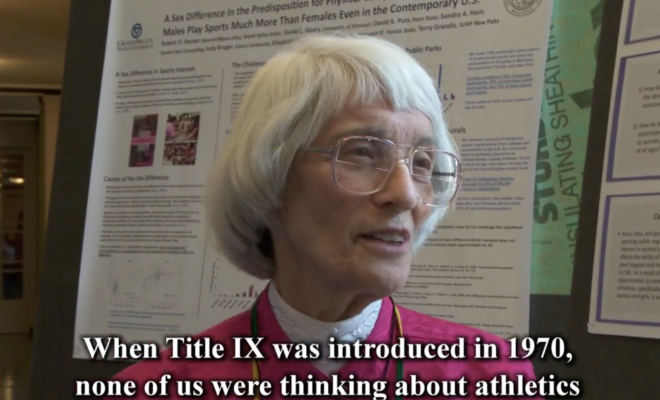 Saving Grace Films
Saving Grace Films
Equality
Remembering Bernice Sandler, Godmother of Title IX
Watching the Ruth Bader Ginsberg film (“On the Basis of Sex”), it’s easy to see similarities to the life struggles of Bernice Sandler, the Godmother of Title IX.
I was sad to hear that Bernice passed away at the age of 90 last weekend, but felt grateful for the life she lived, and the direct contribution she made to the lives of millions of girls across the country, including mine.
I met Bernice in an empty hallway at the University of Michigan in 2012, as I was attending a 40th anniversary Title IX conference to shoot interviews for my film about my high school, “An Unexpected Win: Title IX and the Pinckney Pirates.”
She appeared a little lost, tiny and frail-looking, as she searched for the room where she would talk about the discrimination that kept her, a respected academic, out of a university job (she wasn’t considered for any of the seven openings), and put her on the path that lead her to become the Godmother of Title IX.
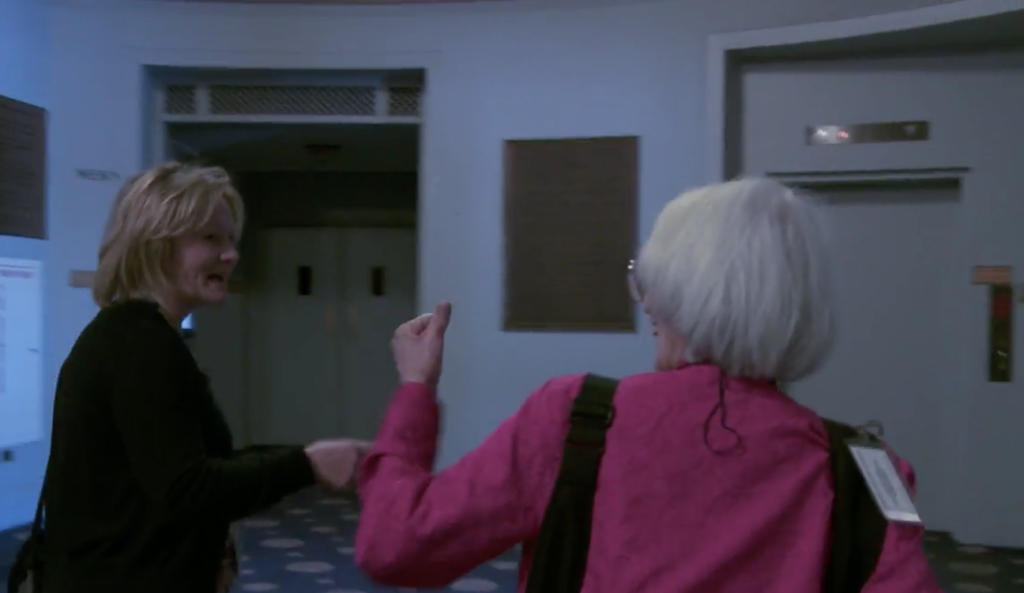
I recognized her right away from my research, but she was a late add to the conference and not among the subjects I’d gotten permission to interview. She was gracious enough to stop, as we walked through the building, and gave me a brief on-camera interview after hearing why I was there.
The audio was hallway-echoey, but her words were enlightening—and devastating—and life changing. That was one of the highlights of some pretty profound moments I had while making the film.
I’m so appreciative not only for the interview, but for her bravery and determination in helping create a law that gave recourse to thousands of women who were kept out of places of higher learning and prestigious academic jobs—in Bernice’s case, she was told she came on “too strong for a woman.”
The Impact
Before Title IX passed in 1972, there was a million-dollar budget for men’s sports at our host school, University of Michigan. There was no budget for women.
The year Title IX passed, Pinckney High School joined about a dozen other Michigan towns in our league, to offer its first varsity sport for girls—basketball. They chose basketball, as Coach Sandra Andresen recalled 40 years later, because all they needed were some numbered T-shirts. They already had varsity basketball, football, baseball, wrestling and track & field for the boys—with real uniforms for each sport.
By the time I got to high school, I didn’t know anything about the law, and eagerly signed up for the team just for something fun to do with friends.
Four years later I would attend college—the first in my family to do so—as a student athlete with a partial athletic scholarship (full scholarships for females were rare then).
While it was an afterthought for Bernice and the academic team—they were focused on discrimination in education and employment–athletics is where “Title IX of the Education Amendments of 1972” has been the most visible over its nearly 50 years in existence.
In that U-M hallway, she still seemed to get a kick out repeating her line from 40 years earlier: “I remember saying to someone, ‘Oh isn’t this nice, this will cover athletics,’ ” she said.
I’m forever thankful for that, Bernice Sandler, and vow to join the many, many others, who will make sure your legacy continues.


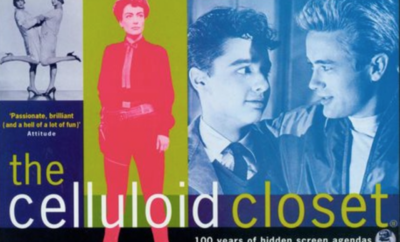

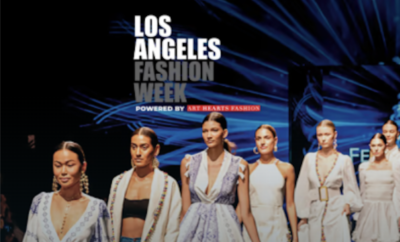
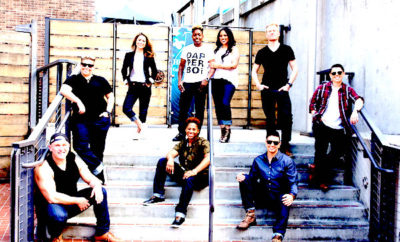


You must be logged in to post a comment Login